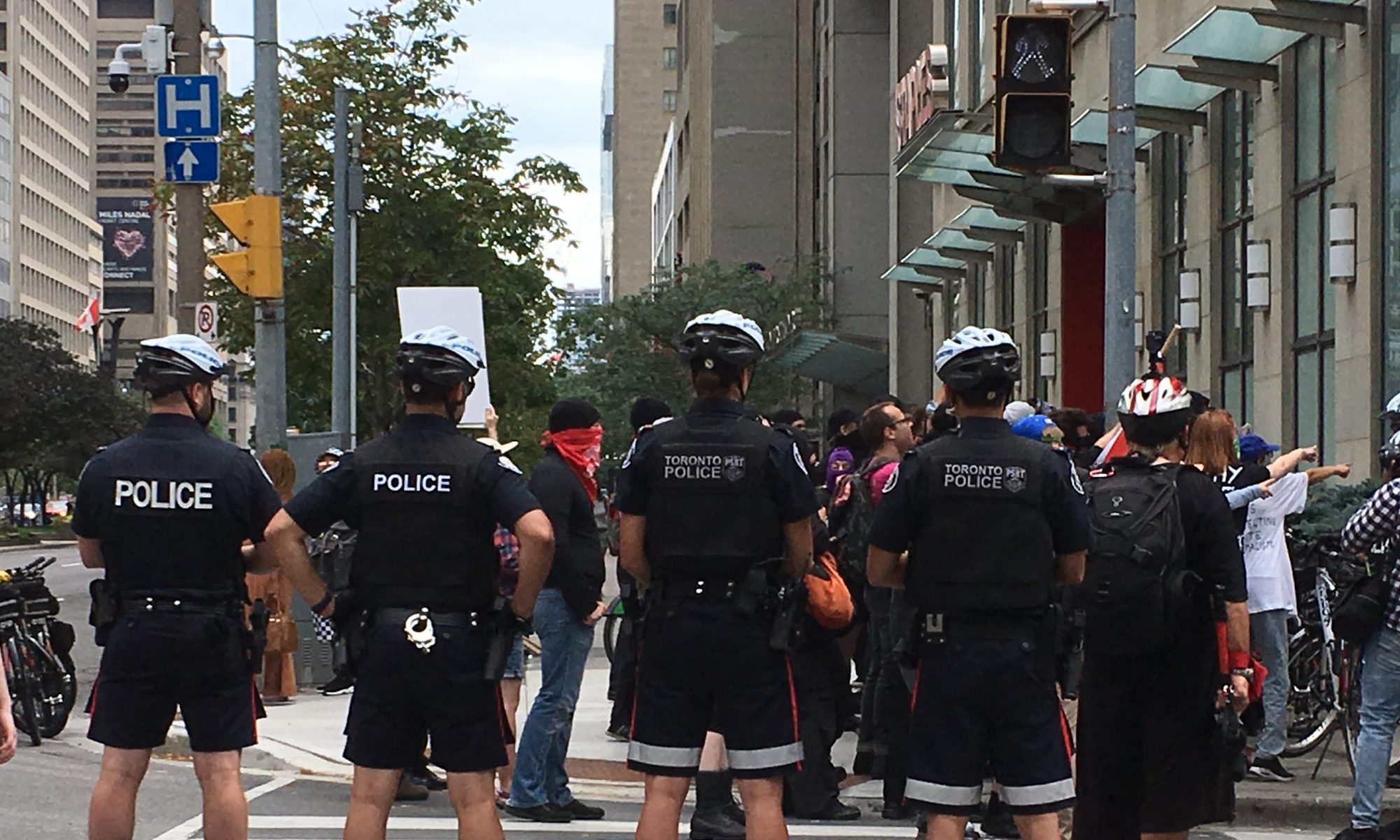WG1: Islamophobia and jihadism: reciprocal radicalisation and securitization
Team leader associate professor Susi Meret, Aalborg University
Postdoctoral researcher Anita Nissen, Aalborg University
Doctoral researcher Karin Creutz, University of Helsinki
WG1 looks at dynamics of social exclusion and polarization in relation to the unequal distribution of security, broadly understood, particularly among marginalized and racialized groups, but also amongst the majority population. It studies how and whether the divergence in the lived experience of safety and of inclusion can contribute to foster radicalization processes, particularly in a context of rising social inequality and polarization (World Economic Forum 2017). The research consists of two interrelated sub-projects: one focusing on on-site feelings of security, inclusion and safety in so-called ethnically segregated areas; and the second looking at activities and mobilization patterns amongst Danish and Finnish far-right milieus. Contrary to other studies, we see patterns of radicalization as reciprocal/ (co-)reactive and cumulative, rather than individually driven. We also work from the assumption that certain key policy changes, like e.g. the Danish ‘paradigm shift’ and the ‘Ghetto-plan’ may potentially have a negative impact on ethnic minorities’ sense of security and belonging. We will thus focus on such changes, treating them as ‘critical junctures’ that may trigger radicalizing processes amongst certain individuals in society.
The Aarhus model is often referred to as one of the more successful urban de-radicalization actions (Walanda 2020). The model consists of the involvement of numerous public civil servants, while also ascribing some importance to civil society actors (Bertelsen 2015). Yet, recent studies (Dalgaard-Nielsen & Schack 2016; Wimelius et al. 2020) show that many civil societal actors feel unheard and uninvolved in decision-making processes. Drawing on the concept of democratic resilience, we inquire whether and how forms of radicalisation can be prevented through dialogue, recognition and inclusion at the local level. Focusing on two main Danish urban contexts and two Finnish ones, we explore the macro- and meso-level of these realities, particularly in terms of the dynamics of involvement (or lack of same) of the civil society organizations in what are called de-radicalization programs. Drawing on the concept of ’resilience’ and local community engagement, the data collection involves interviews with various actors, who are expected to play a role in fostering forms of local democratic resilience.
WG2: Political violence and anti-democratic mobilization
Team leader:associate professor Ann-Cathrine Jungar, Södertörn University
Postdoctoral researcher Anders Backlund, Södertörn University
Postdoctoral researcher Nina Carlsson, Södertörn University
Postdoctoral researcher Niko Pyrhönen, University of Helsinki
To what extent can states protect their democratic actors and institutions from anti-democratic far-right movements? How could such measures for protecting democracy be weighted against the protection of democratic rights, such as freedom of speech and association? What challenges emerge from protecting local level democratic actors from hate speech and other acts interfering with the democratic process? Which groups within democratic institutions are particularly vulnerable and targeted by hate and threats? Working group 2 takes a special interest in “militant democracy”, namely actions taken to protect democracy from anti-democratic threats. WP2 studies this phenomenon both in terms of the adoption of legislation targeting extremist actors, and in terms of threats against politicians. Such threats have been identified as having democratic consequences, leading to censorship, problems with recruiting candidates, and politicians leaving their positions. With a special focus on the local level, WP2 investigates the avenues through which politicians become targets of far-right hate speech and threats, and how these politicians, particularly from vulnerable groups, can be shielded and protected from hate.
WG3: Immigration, policing and racialised minorities
Team leader: professor Suvi Keskinen, University of Helsinki
Doctoral researcher Markus Himanen, University of Helsinki
Working group three will study the attitudes, impact of antiracist education, and institutional practices of the Finnish police. Police officers use their powers in a socially differentiated manner. Our previous research on ethnic profiling by the police in Finland showed that those belonging to racialised minorities in Finland are under surveillance by several actors in many kinds of urban spaces (Keskinen & al. 2018). Groups with a lower socio-economic position —in which members of racialised minority communities are often overrepresented—experience heavy-handed policing in several European countries (see e.g., Reiner 2010, pp. 159–174). Migrant communities often have a large share of young people, are economically disadvantaged more often than the majority population and belong to ethnic, racial and religious minorities: these are all factors that have been found to be connected to negative experiences of the police (Bradford & Jackson 2017). According to our previous research, experiences of discriminatory stops by the police or knowing other people who have been stopped by the police are connected to having a low trust toward municipal authorities, police and national parliament (Keskinen & al 2018; see also Haller & al 2018). In Finland, general discrimination experiences by migrant communities have been associated with feelings of insecurity and low trust towards authorities (Castaneda & al. 2015). Previous studies also point out that the intersections of ethnicity, race, gender, age and class are a central element for the understanding of relations between police and migrant communities. Our previous research showed that especially young adults belonging to racialised minorities experience harassment and discriminatory policing (Keskinen & al 2018; see also Haller & al 2018).
